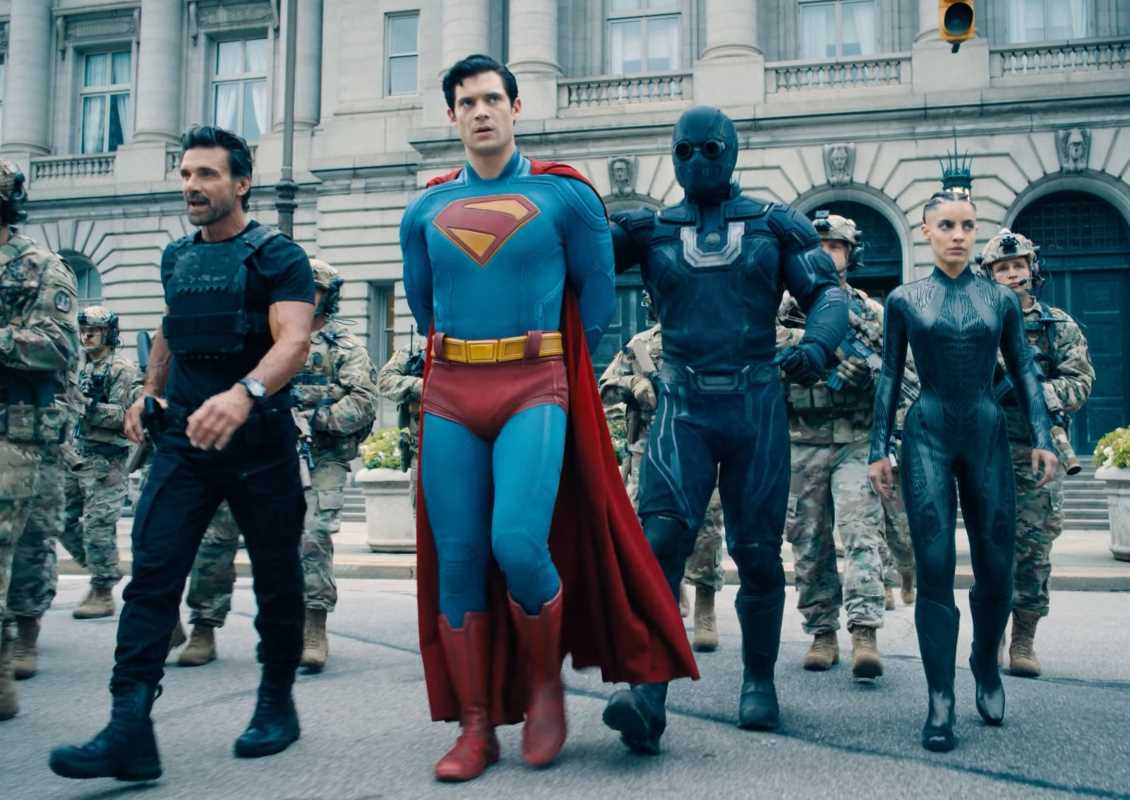Music has always been a powerful tool for change. Whether it’s a protest anthem or a deeply personal ballad that sheds light on injustice, musicians have a unique ability to connect with their audiences emotionally and inspire action. Albums, in particular, offer a way for artists to tell a cohesive story or deliver a strong message across multiple songs. And when musicians dedicate their work to highlighting political and social issues, the result can be both eye-opening and revolutionary.
From civil rights to climate change and beyond, artists across generations have used their music to spark conversations and galvanize movements. But why does music have such a profound impact on these causes? And which albums have made the biggest waves in the fight for justice? Keep reading to find out how musicians have used their craft to create lasting social change.
The Power of Music in Social Movements
Music has the ability to move us in ways that other forms of communication might not. But what makes it such an effective tool for political and social change?
1. Emotional Connection
Music resonates with people at a deeply emotional level. A well-written song can bring tears to your eyes or make you feel like you're not alone in your struggles. This emotional connection helps to amplify causes, as listeners feel personally invested in the issues being addressed.
2. Mass Reach
Musicians often have huge platforms, with millions of fans tuning into their work. By embedding political and social messages in their music, artists can spread awareness to a wide and diverse audience. A single album can reach people across social classes, continents, and generations.
3. Creating Unity
Social movements thrive on solidarity, and music has a way of uniting people. Whether it’s singing along at rallies or playing an album in the comfort of your home, music provides a shared experience that brings people together for a common purpose.
4. Inspiring Long-Term Action
Music doesn’t just raise awareness about social issues; it also motivates people to take action. Whether it’s donating to a cause, protesting, or educating others, activism inspired by music often has lasting effects.
Albums That Changed the World
While many musicians have written songs about political and social issues, some albums stand out for their ability to make an unforgettable impact. Here are a few that left their mark on history.
1. What’s Going On by Marvin Gaye (1971)
Marvin Gaye’s soulful masterpiece What’s Going On remains one of the most iconic socially conscious albums of all time. Released during a turbulent period of U.S. history, the album explores issues like police brutality, environmental destruction, and the Vietnam War. Gaye’s smooth voice and moving lyrics turned feelings of outrage into poignant music that resonated with listeners.
Why it matters: What’s Going On became an anthem for the civil rights movement, blending beauty and activism in a way that still rings true today.
2. The Miseducation of Lauryn Hill by Lauryn Hill (1998)
Lauryn Hill’s debut album isn’t just a musical triumph; it’s a love letter to empowerment, self-discovery, and social justice. Featuring songs that address racism, sexism, and the challenges faced by women of color, Hill’s work became an empowering voice for listeners everywhere.
Why it matters: Acclaimed for both its critical and commercial success, the album gave voice to underrepresented perspectives and encouraged listeners to reflect on identity and inequality.
3. To Pimp a Butterfly by Kendrick Lamar (2015)
Kendrick Lamar’s To Pimp a Butterfly is a brilliant tapestry of lyrics and genres, blending hip-hop, jazz, funk, and soul into a striking commentary on race, oppression, and mental health in America. With tracks like “Alright” becoming rallying cries for the Black Lives Matter movement, Lamar’s album showcases the gritty realities of systemic racism.
Why it matters: Widely hailed as a modern classic, To Pimp a Butterfly has inspired activism and critical discussions about race, policing, and equity.
4. London Calling by The Clash (1979)
British punk band The Clash used London Calling to tackle topics like poverty, unemployment, and political unrest. The album’s energy and sharp, rebellious tone encouraged listeners to question the status quo and inspired a generation to explore activism through music.
Why it matters: London Calling became an anthem for change and a defining moment for punk rock as a vehicle for social commentary.
5. Lemonade by Beyoncé (2016)
Beyoncé’s visual album Lemonade offered a raw, unflinching look at racial identity, womanhood, and resilience. While the album is deeply personal, its exploration of black history, oppression, and the strength of black women touched audiences on a global scale.
Why it matters: Lemonade not only broke records but also encouraged dialogue about feminism, race, and the intersections of identity.
6. Animals by Pink Floyd (1977)
Pink Floyd’s Animals is a dystopian critique of class inequality and political corruption. Using animal metaphors to represent social hierarchies, the album challenges wealth concentration and the exploitation of the working class.
Why it matters: Its thought-provoking lyrics and haunting melodies solidified Pink Floyd’s role as one of the most politically aware bands of their time.
7. DAMN. by Kendrick Lamar (2017)
It’s hard not to mention Kendrick Lamar twice when discussing albums that spark movements. With DAMN., Lamar addressed themes like faith, violence, personal accountability, and America’s ongoing struggles with inequality. The Pulitzer Prize-winning album showed Lamar’s deep understanding of storytelling that resonates with both the streets and the mainstream.
Why it matters: Earning widespread acclaim, DAMN. served as both a personal narrative and a reflection of larger societal struggles.
Emerging Artists Making a Difference
Socially conscious music isn’t reserved for big-name artists. Emerging musicians continue to use their work to address pressing issues, proving that even newcomers can spark meaningful change.
- Arlo Parks is known for her emotional songwriting, which often tackles themes of mental health and LGBTQ+ identity.
- Jamila Woods’ music blends poetry and activism, focusing on themes like racism, feminism, and community.
- H.E.R. gained attention for her moving protest song “I Can’t Breathe,” which became a virtual anthem in response to police brutality.
How Albums Inspire Change
You might be wondering how exactly music leads to activism. After all, isn’t listening to an album a passive act? Not quite. Here’s how it works:
- Raising Awareness: A song or album can introduce people to topics they’ve never thought about before, sparking curiosity and awareness.
- Building Community: Listening to music with powerful messages creates a shared experience that brings like-minded people together.
- Fueling Protests: Songs with strong political messages are often played at protests and marches, adding energy and unity to the cause.
- Encouraging Action: Lyrics that call for change can push listeners to donate, volunteer, or join movements to make a difference.
Why Music Matters in Social Movements
Music remains one of the most accessible and universal ways to inspire change. Its ability to unite people, evoke deep emotions, and amplify marginalized voices makes it a vital part of political and social movements. Albums, in particular, serve as time capsules that capture the emotions and challenges of a specific moment in history while paving the way for lasting conversations.
 (Image via
(Image via





